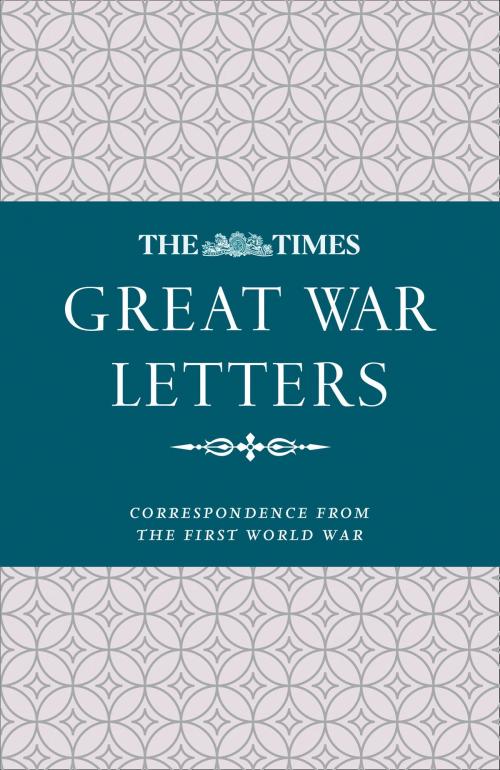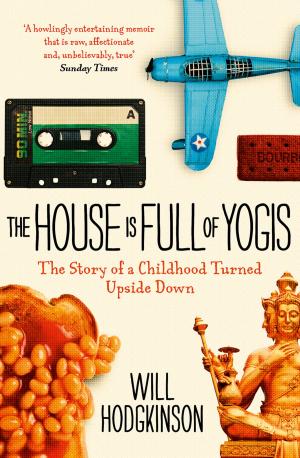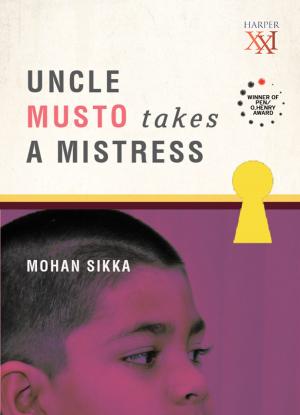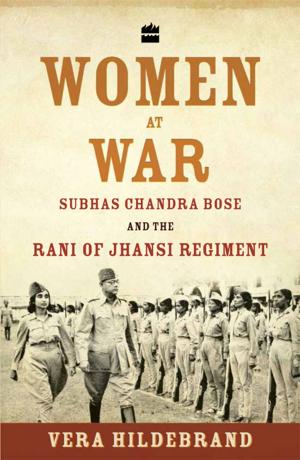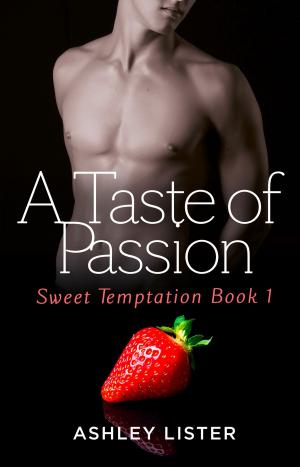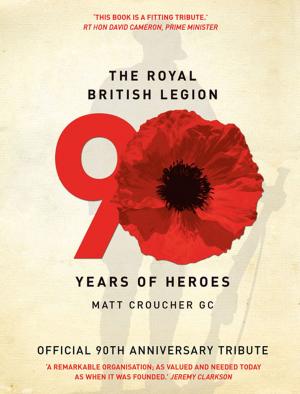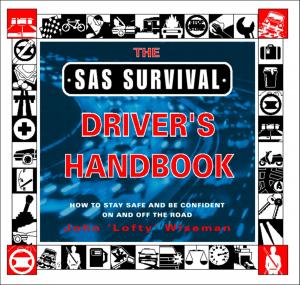The Times Great War Letters: Correspondence during the First World War
Nonfiction, Reference & Language, Language Arts, Journalism, Social & Cultural Studies, Social Science, Biography & Memoir| Author: | ISBN: | 9780008318536 | |
| Publisher: | HarperCollins Publishers | Publication: | November 29, 2018 |
| Imprint: | Times Books | Language: | English |
| Author: | |
| ISBN: | 9780008318536 |
| Publisher: | HarperCollins Publishers |
| Publication: | November 29, 2018 |
| Imprint: | Times Books |
| Language: | English |
Selection of more than 300 letters published by The Times newspaper between 1914 and 1918, as its readers and the nation alike endured the ordeal of the First World War. Much of the correspondence relates to the conflict – the news, or absence of news, from the trenches and the sacrifices being made on the Home Front. Celebrated politicians and the man on the Clapham omnibus both responded to the horrors of gas and the slaughter on the Somme. Yet it was at this time, too, that the newspaper’s famous letters page began to take on its distinctive nature, finding room for off-beat or humorous topics and writers who held up a mirror to Britain’s character and its changing moods. Among those who wrote to The Times during the war were many of the most notable figures of the era, such as Arthur Conan Doyle, HG Wells, Millicent Fawcett, Edith Wharton, Nancy Astor, Edith Cavell, David Lloyd George and Winston Churchill. With insights and opinion on diverse subjects such as;• the Russian Revolution• Women’s suffrage• the first Zeppelin raids• the rearing of guinea fowl for shooting Great War Letters shines a light on the world of a century ago at the very moment in time that it was about to change forever.
Selection of more than 300 letters published by The Times newspaper between 1914 and 1918, as its readers and the nation alike endured the ordeal of the First World War. Much of the correspondence relates to the conflict – the news, or absence of news, from the trenches and the sacrifices being made on the Home Front. Celebrated politicians and the man on the Clapham omnibus both responded to the horrors of gas and the slaughter on the Somme. Yet it was at this time, too, that the newspaper’s famous letters page began to take on its distinctive nature, finding room for off-beat or humorous topics and writers who held up a mirror to Britain’s character and its changing moods. Among those who wrote to The Times during the war were many of the most notable figures of the era, such as Arthur Conan Doyle, HG Wells, Millicent Fawcett, Edith Wharton, Nancy Astor, Edith Cavell, David Lloyd George and Winston Churchill. With insights and opinion on diverse subjects such as;• the Russian Revolution• Women’s suffrage• the first Zeppelin raids• the rearing of guinea fowl for shooting Great War Letters shines a light on the world of a century ago at the very moment in time that it was about to change forever.
